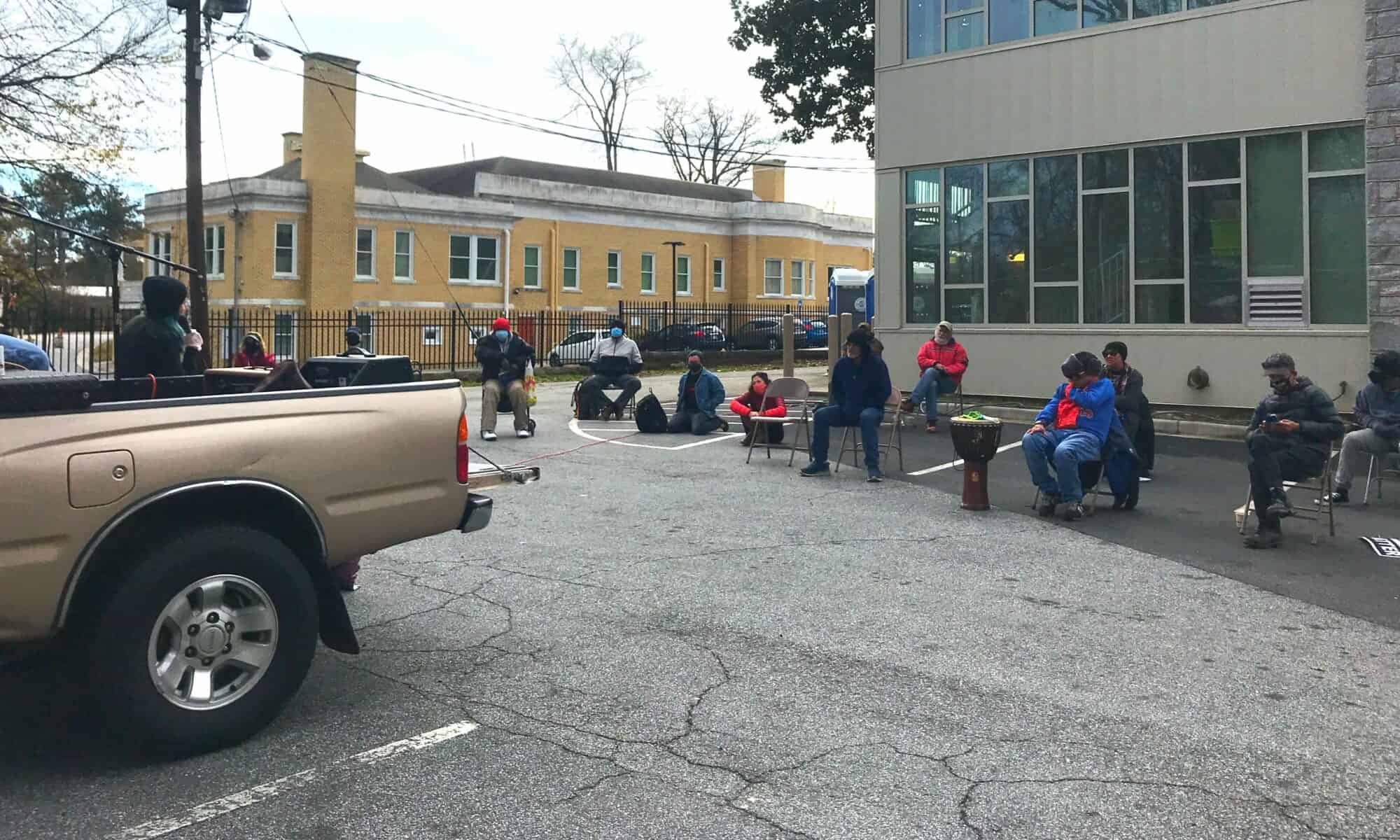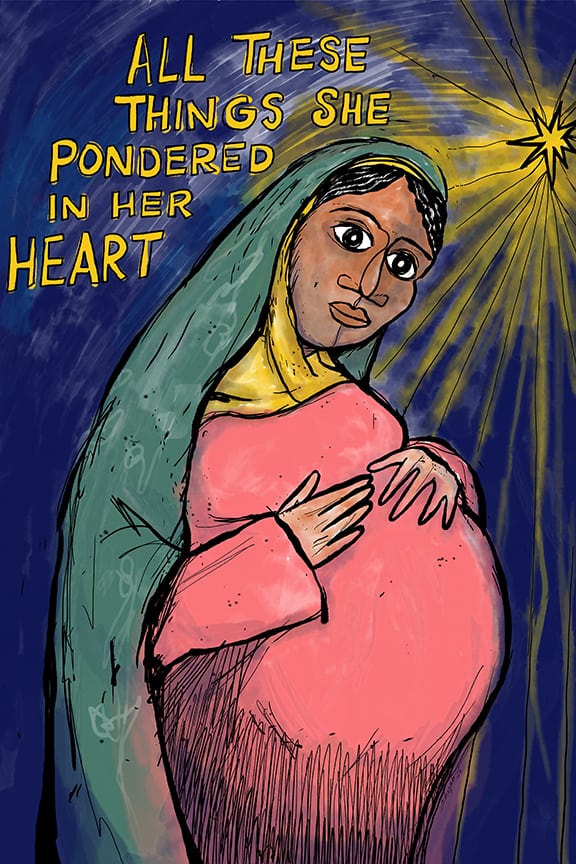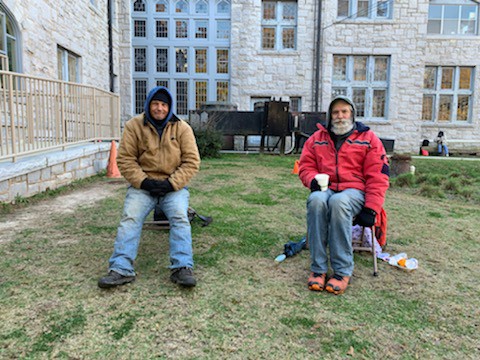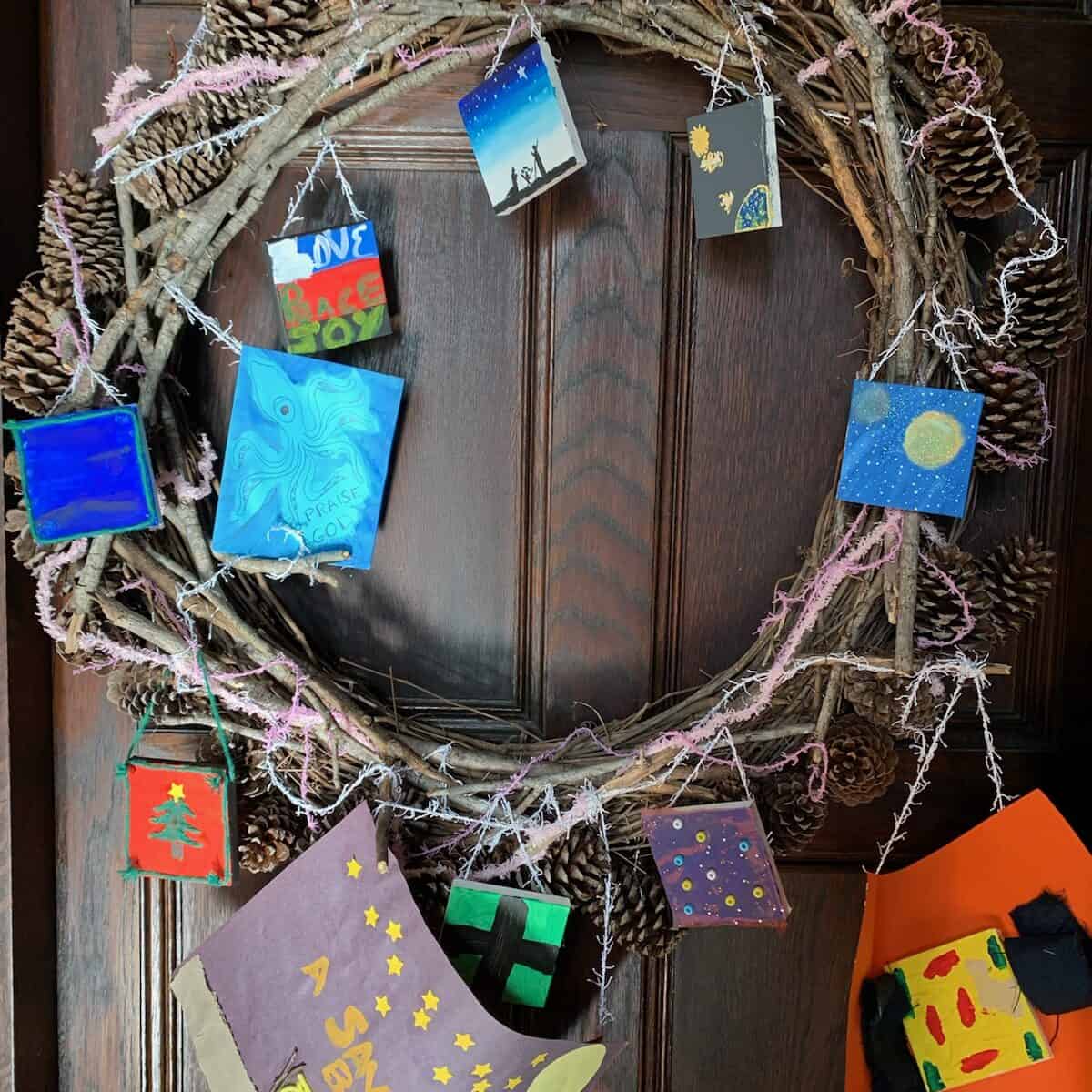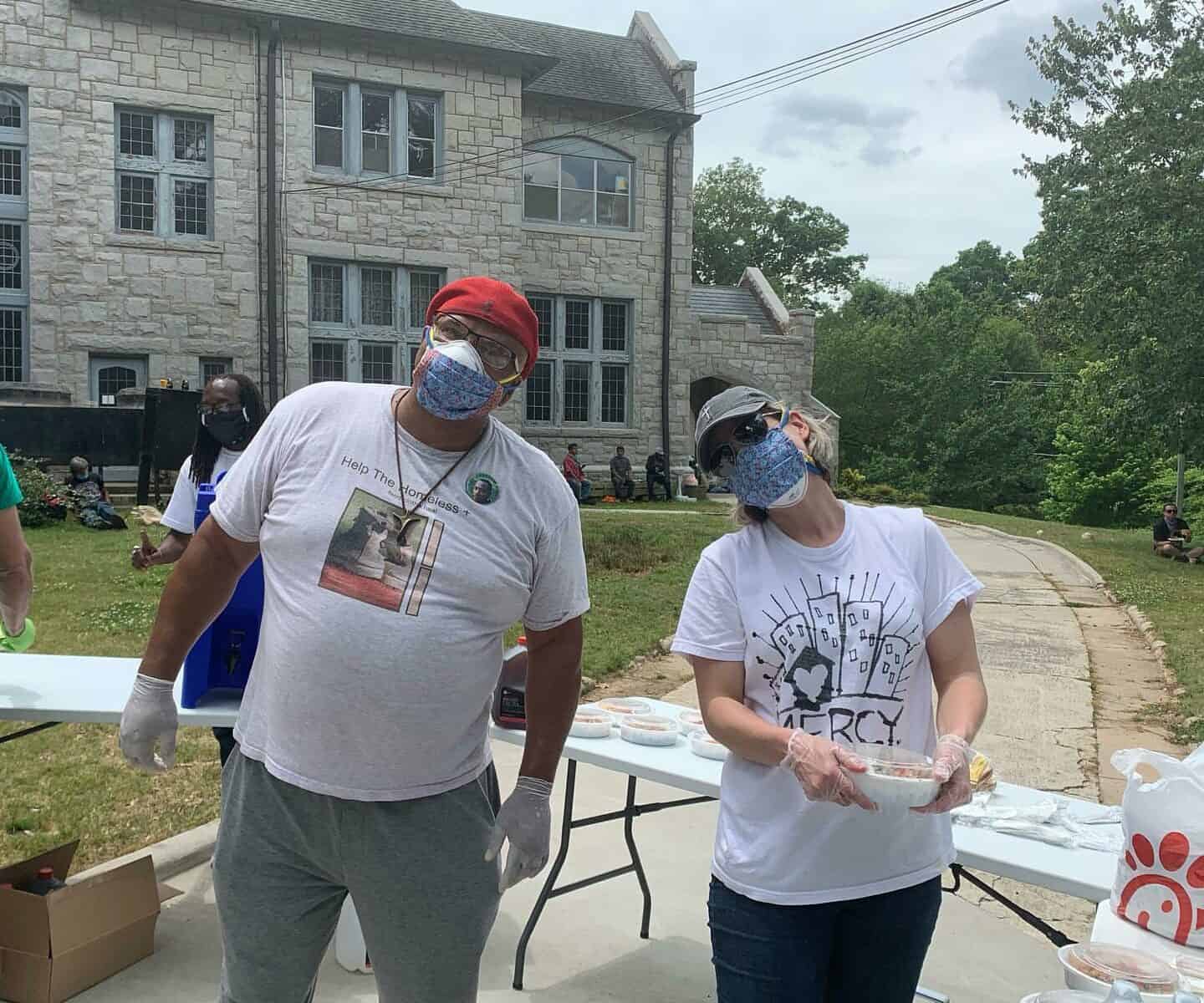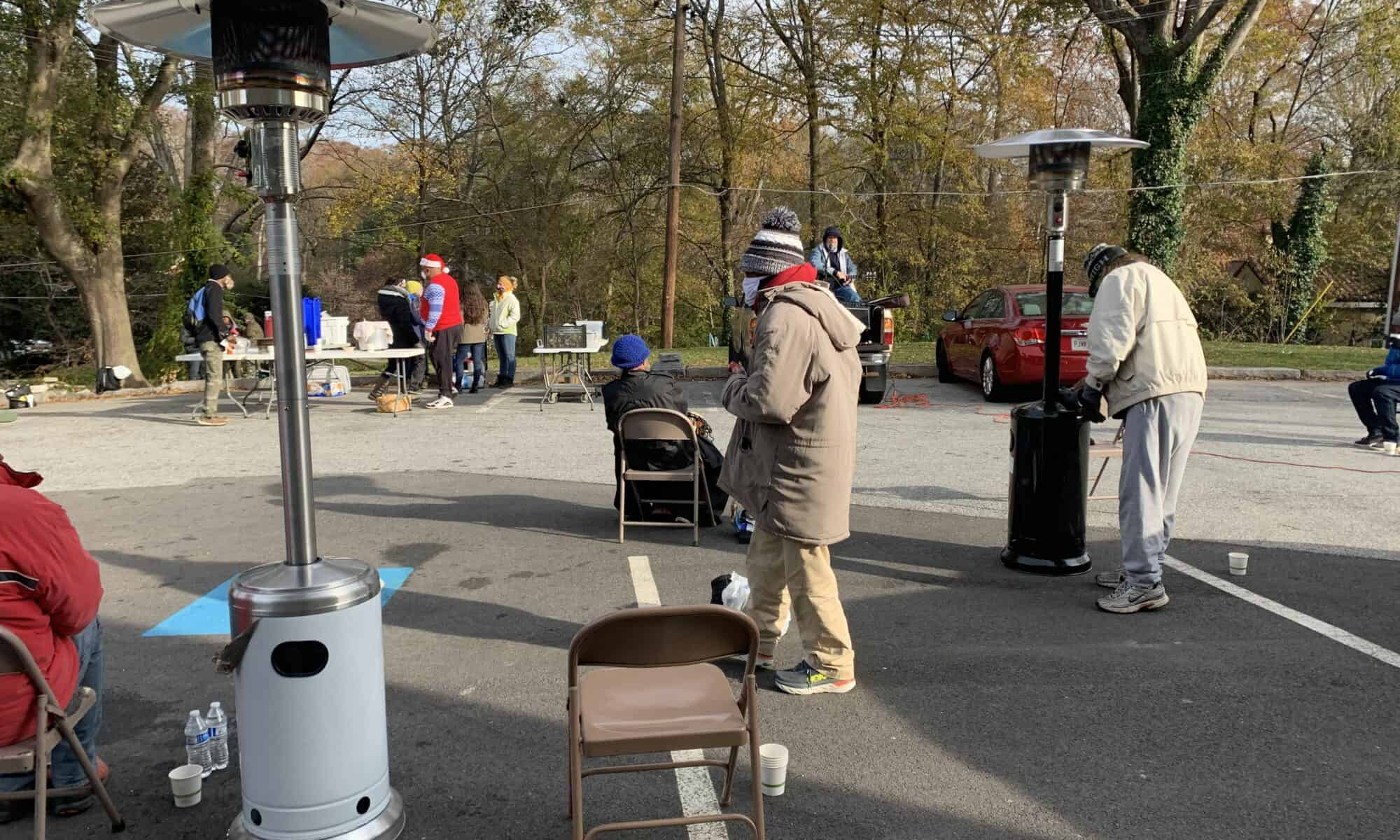Author: Chad Hyatt
Luke 1:39-55
There was only one other person she could think of—one other woman in all the world—who might have some idea what God was suddenly doing in their lives. It’s hard to say what was on Mary’s mind when she left Nazareth, making her way through the meandering Galilean countryside to the Judean hills where she would find Elizabeth. We know Mary had been perplexed at the arrival and greeting of the angel. She had begun pondering what it all meant. She had certainly been confused by the assertion she would bear a son since there is only one way that commonly happens and it had never happened with her. And yet Mary had ultimately embraced the upheaval of her radical call, saying yes to liberation for all human beings—and in so doing, challenging the powers that be and irrevocably putting her own life at risk. Even before giving birth to him, Mary was the first and most faithful of Jesus’ disciples. When the two women meet at last—Mary worn out from travel and trembling in hope, Elizabeth having endured a life-time of shaming at the hands of others—perhaps they just stood there for a beat. Maybe they shouted, enraptured in jubilant homecoming, tears wetting their eyes before they could scarce take it all in. To my mind, this scene ought to be considered the beginning of the church, perhaps even more so than that other Spirit-filled story that Luke tells in Acts. Because the community these two women create with and for one another is the kind of community our churches could be. Ought we not to be a gathering of those who have been overlooked and cast aside? Shouldn’t we be a place where women are honored as prophets and liberators, where all those whom the world shushes and silences find their own full-throated voice and prophesy? Isn’t church where we should come together, surprised and frightened and excited that God has seen us, really and truly seen us, and called us to work together for the liberation we had begun to fear might never come but now dare to hope just might? Mary and Elizabeth help me to believe that the church could be the kind of community where those who have heard the strange call of God or who wonder if such a thing could even be possible gather to hold one another, hear one another, shout for one another, care for one another—a community God puts together at the margins but welcomes everyone to find.

